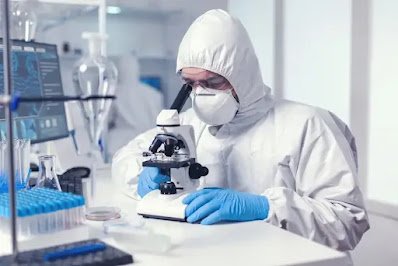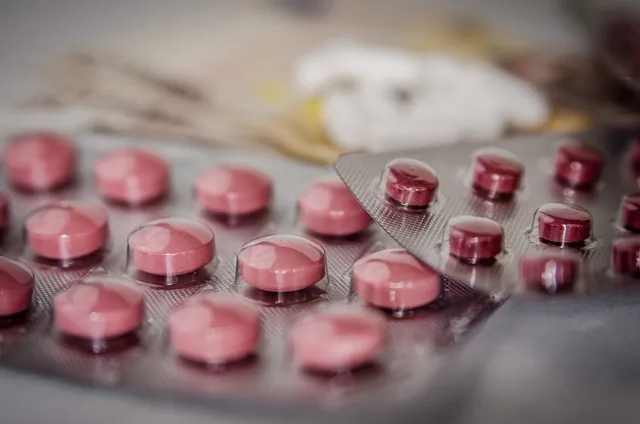The transformation of liquids into urine is a complex biological and physiological process.
The time required for this conversion can vary based on several factors, including the amount and type of fluids consumed, an individual’s metabolic rate, and overall health.
How long does it take for liquids to turn into urine?
After ingestion, fluids begin their journey through the digestive system and are absorbed into the bloodstream via the small intestine.
These fluids are then transported to the kidneys through the renal artery.
Within the kidneys, intricate networks of tiny blood vessels called glomeruli perform the crucial task of filtering these fluids.

During this filtration process, waste products, excess fluids, and electrolytes are effectively removed from the blood.
The resulting filtrate moves through the renal tubules.
Here, essential nutrients and electrolytes are reabsorbed into the bloodstream, ensuring they are retained.
Meanwhile, waste materials and excess fluids are directed into the tubules, where they combine to form urine.
This urine-forming process occurs continuously throughout the day and night, as the kidneys work diligently to maintain a balance of fluids and electrolytes in the body.
The rate of urine production can vary, influenced by factors such as an individual’s hydration level, certain medications or medical conditions, and the overall health of the kidneys.
On average, it takes about 1-2 hours for fluids to be filtered by the kidneys and for initial urine to be produced.
However, the total time for liquids to be completely processed and expelled as urine can range from a few hours to several days, depending on an individual’s unique circumstances and physiological characteristics.
In summary, the conversion of liquids into urine involves intricate physiological and biological steps including filtration, reabsorption, and secretion.
The exact timeframe for this transformation depends on individual factors such as metabolism and overall health.
Nevertheless, as a general guideline, it takes approximately 1-2 hours for initial urine to be produced after fluid consumption.
Read Also
Pus Cells in Urine: Understanding the Normal Range, Symptoms, Causes, and Treatment




